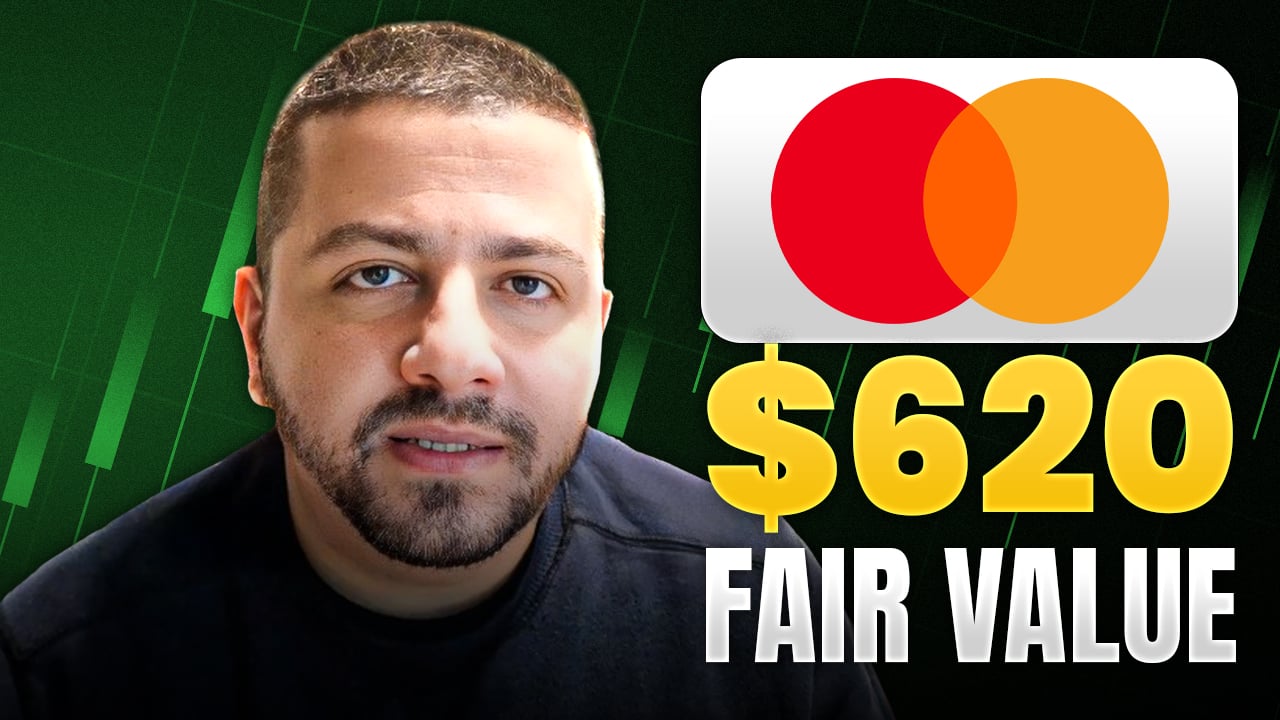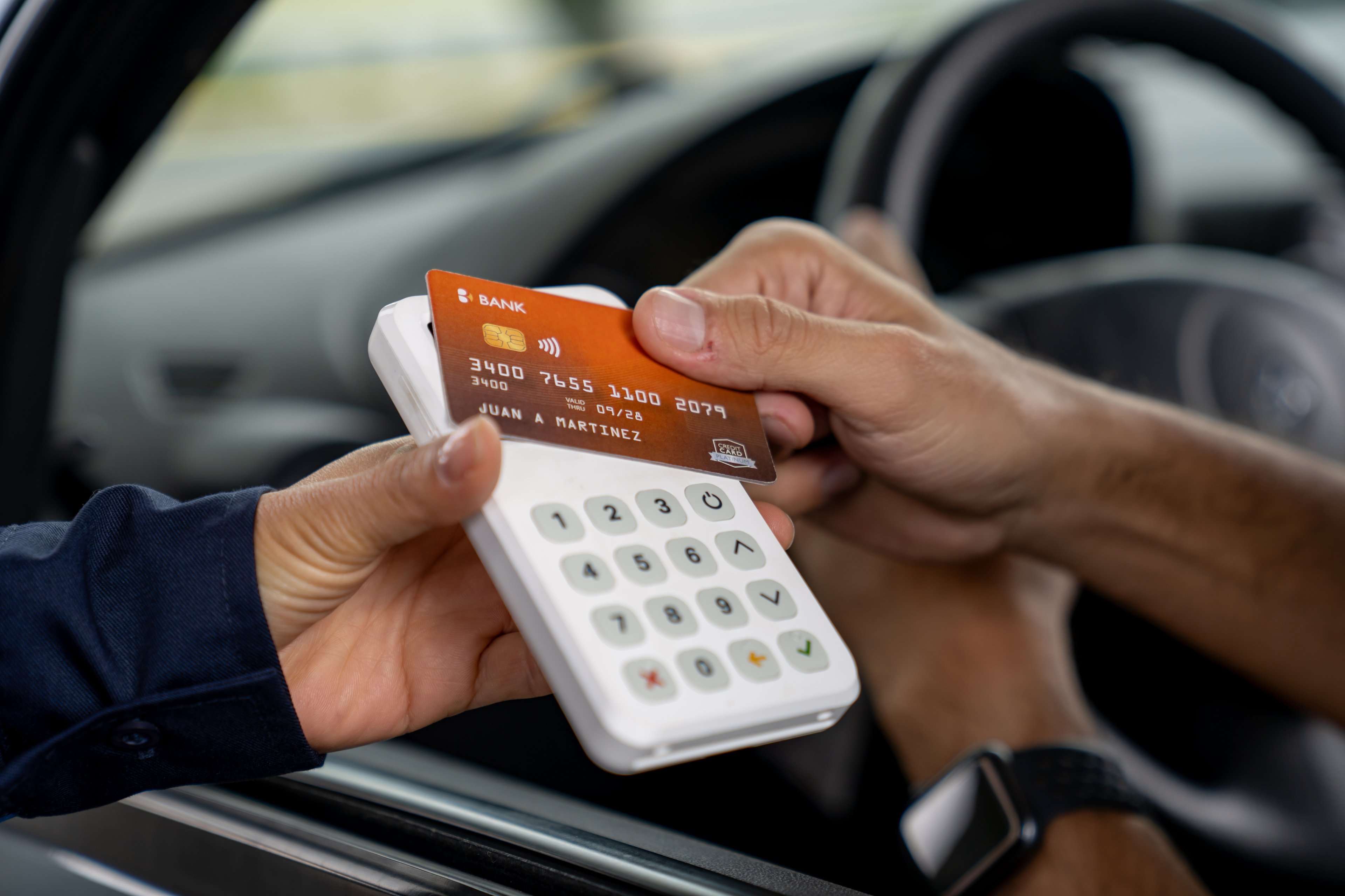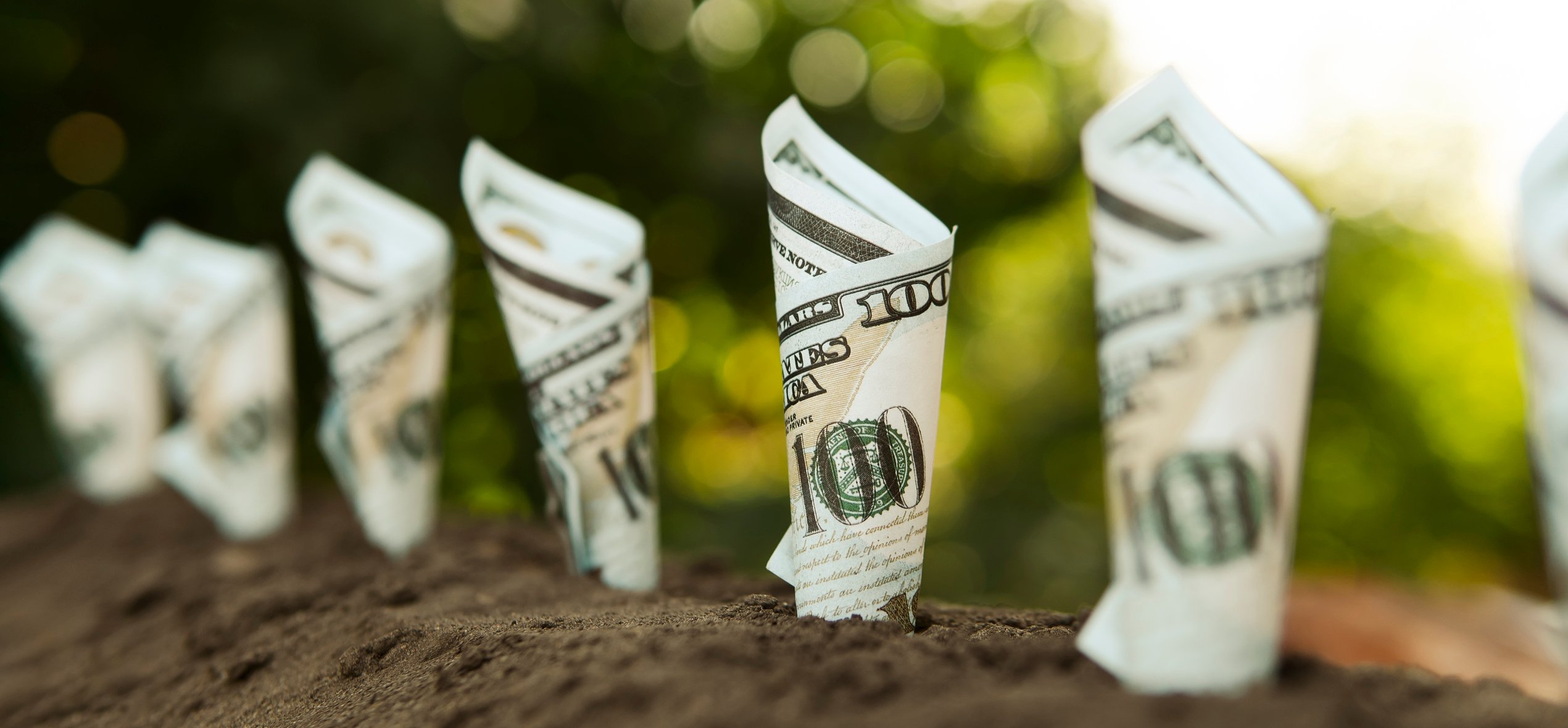If you open up your wallet, you will likely find you have cards with the logo of either Visa (V 0.17%) or Mastercard (MA 0.78%) emblazoned on them. Go into just about any store or restaurant, and you will likely find they accept those same cards because they are Visa or Mastercard cards.
However, these cards aren't issued by Visa or Mastercard, and that makes a huge difference when it comes to the impact of an economic downturn. Here's what you need to know about Visa and Mastercard to help you understand why recessions aren't as big a worry to them as they are for the banks that actually issue credit cards.
What is a credit card?
A credit card is a payment method. It allows you, the consumer, to buy things with the understanding that you will pay at a later date. There are multiple players involved in this transaction that you may not think about.

Image source: Getty Images.
At the very surface, there is you and the seller or service provider. In the background, there is the bank that issued the credit card. That is the company that is actually paying the retailer in the present, with you agreeing to repay the bank at some point in the future, usually the end of a monthly billing cycle. Connecting you, the retailer, and the bank is the credit card company, with two of the largest credit card companies being Visa and Mastercard. They earn a small fee for every transaction they facilitate.
From a big picture view, what you, the consumer, have is basically a revolving credit line. This is such an immensely valuable tool that card payments have become a larger and larger part of the economy. Card payments are so easy that Visa and Mastercard also facilitate debit transactions, which pull money directly from a checking or bank account. And card payments are one of the safest ways to make online transactions, noting the continuing growth of online retail in recent years.

NYSE: MA
Key Data Points
Visa and Mastercard are toll takers
You'll often hear the saying "follow the money" in crime shows. In this case, the money trail is simple but very important to understand. You start the process when you buy something; the retailer gets paid right away, with the transaction creating a short-term loan between you and the bank. Neither Visa nor Mastercard are involved with the money that is exchanging hands. So there is no default or payment risk for either of these credit processors.
What Visa and Mastercard want to see is more and more transaction volume. And that is exactly what has been happening for years, with these two industry giants being reliable growth stocks. Each has seen fairly steady growth at the top of the income statement, with revenue declines only really taking place during the health scare around COVID-19. That, however, was an odd, one-off event that led to non-essential retailers being shut down. That put a crimp on spending and credit card usage.

NYSE: V
Key Data Points
None of this is meant to suggest that Mastercard or Visa is immune to recessions. But economic downturns just aren't as big a deal for these payment processors as they are for banks and retailers.
Sure, if transaction volume drops, Mastercard and Visa will see their financial results affected. However, perhaps paradoxically, a recession could actually be a net benefit, so long as it doesn't last too long. This is because consumers might lean on their credit cards to help them get through a difficult financial period, which would increase transaction volume. Given that most recessions haven't lasted all that long, it seems reasonable to assume the next one won't be prolonged either. In that case, Visa and Mastercard will probably end up net winners during the next economic downturn.
Be careful what you buy
However, Visa and Mastercard are a bit different from Capital One (COF +1.00%), which owns Discover, and American Express (AMX +0.34%). These credit card companies facilitate financial transactions, issue cards to consumers, and carry customer loans on their books, which means taking on credit risk. If you are looking for the credit card companies that are the most resilient to downturns, you will likely want to stick with Visa and Mastercard.







